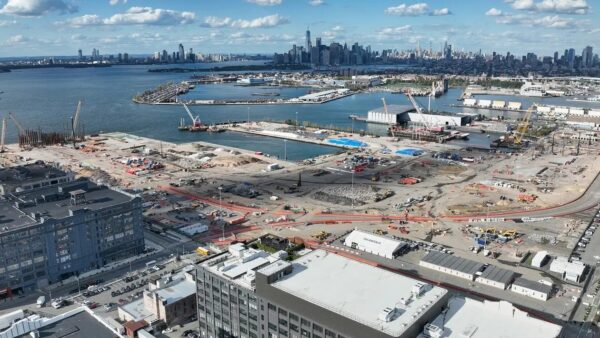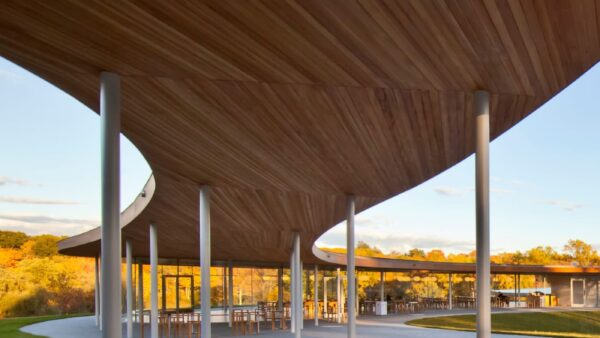There is a reason the International Olympics Committee (IOC) and FIFA, football’s world governing body, are based in Switzerland, argues advocacy group, Engineers Against Poverty (EAP).
Swiss law allows such organisations to be incorporated as non-profit associations, which means that even though they make billions selling broadcasting rights, corporate sponsorship, tickets and licensing, they are not subject to the same scrutiny that normal businesses are. They don’t, for instance, have to disclose financial compensation paid to staff and leadership teams the way listed companies must reveal this to shareholders.
It is, says EAP, part of the matrix of non-accountability in the mega sporting event business that makes events like the Olympics and the World Cup ruinous for cities and nations.
They make lavish promises to win hosting rights, usually without genuine public consultation, and then spend vast amounts of public funds to prepare for and run the events with citizens left footing the bill for expensive and often useless assets.
Big stadium, no football team
“When decisions are made in haste and citizens left on the sidelines, we continue to see white elephant projects and a huge waste of public funds in addition to poor quality infrastructure and a lack of trust in delivery authorities and governments,” says Maria da Graça Prado, author of a recent EAP paper calling for greater accountability in the mega-event business model.
The paper lists a few of the many examples of white elephants.
The 10 stadia built for the 2010 FIFA World Cup in South Africa are not used by the local population, the paper says.
Four cities in Brazil where arenas were constructed for the 2014 World Cup – Manaus, CuiabaÌ, Natal and BrasiÌlia – have no major football teams active in relevant leagues.
For the Sochi Games, the government of Russia spent $10bn on road and rail links, with tunnels and bridges, connecting the coast to the mountains; there is little demand for this infrastructure now, even though taxpayers must spend a reported $1.2bn a year on their operation and maintenance, the paper notes.
Politicians collude
The sporting bodies who profit from mega events are not accountable to the citizens who must pay for them; they are accountable only to their members. In this way, Maria da Graça Prado argues, the opacity sporting bodies cloak themselves in as non-profit membership organisations reaches into host countries. Bids are put together without consent or scrutiny, with officials free to put the rosiest spin possible on costs and benefits.
Governments collude in the secrecy. The bid for the 2014 World Cup never became public and the promises made by the Brazilian Government to FIFA still remain unknown.
Organisers of the Boston candidacy for the 2024 Olympic Games “failed to publicise any of the pre-bidding preparatory works, to the point that most residents only learned about the bid on the day the city was selected by the US Olympic Committee as a potential host – almost two years after the preparatory works had started,” the paper notes.
Ahead of the 2000 Olympic Games in Sydney, access to information was denied from the outset, with the Cabinet imposing a general ban on Freedom of Information requests related to Olympic documents, and companies taking part in preparations having to sign a confidentiality agreement.
“Despite this degree of separation crafted by the legal structure, the interests at stake remain public and citizens are the ones to bear the costs and consequences of the decisions of member associations and international sports organisations,” the paper notes. “It will be the citizens, for example, who live with any poor-quality infrastructure left after the events.”
Waking up
With Tokyo now setting the record as the most expensive Summer Games in history, as well as facing strong opposition from citizens, there are signs that the sheen of the Olympics, in particular, has worn off.
The IOC has struggled to find cities willing to bid. When Krakow held a referendum on hosting the 2022 Winter Olympics, 70% of respondents said no, and the city withdrew.
Oslo also bailed out, irked by the IOC’s “pompous” demands. The 2022 Winter Games will be held in Beijing.
The IOC has relented in recent years, ratcheting down its demands for shiny new venues. The 2032 Summer Games in Brisbane might set a record for being the most Spartan, with some 84% of venues already built or under construction. But EAP believes more needs to be done to ensure accountability.
The paper calls for complete transparency. Bids to host events should include a requirement for infrastructure contract documents to be published, and restrictions on the rights to information laws must be removed.
It says mega sports events should also receive consent from citizens. Infrastructure planning forums would ensure citizens’ concerns on issues such as value for money and the impact of the construction on their everyday lives are heard. Community groups could be trained to evaluate and monitor infrastructure projects to strengthen oversight.
And it turns the spotlight back on bodies like the IOC and FIFA. “Sports organisations,” it says, “should lead by example by changing their non-profit status, which, among other things, will ensure they abide by broader information disclosure obligations.”
Image: The Olympic symbol on display at the Odaiba Marine Park in Tokyo, Japan (Dick Thomas Johnson/CC BY 2.0)
Further reading:






